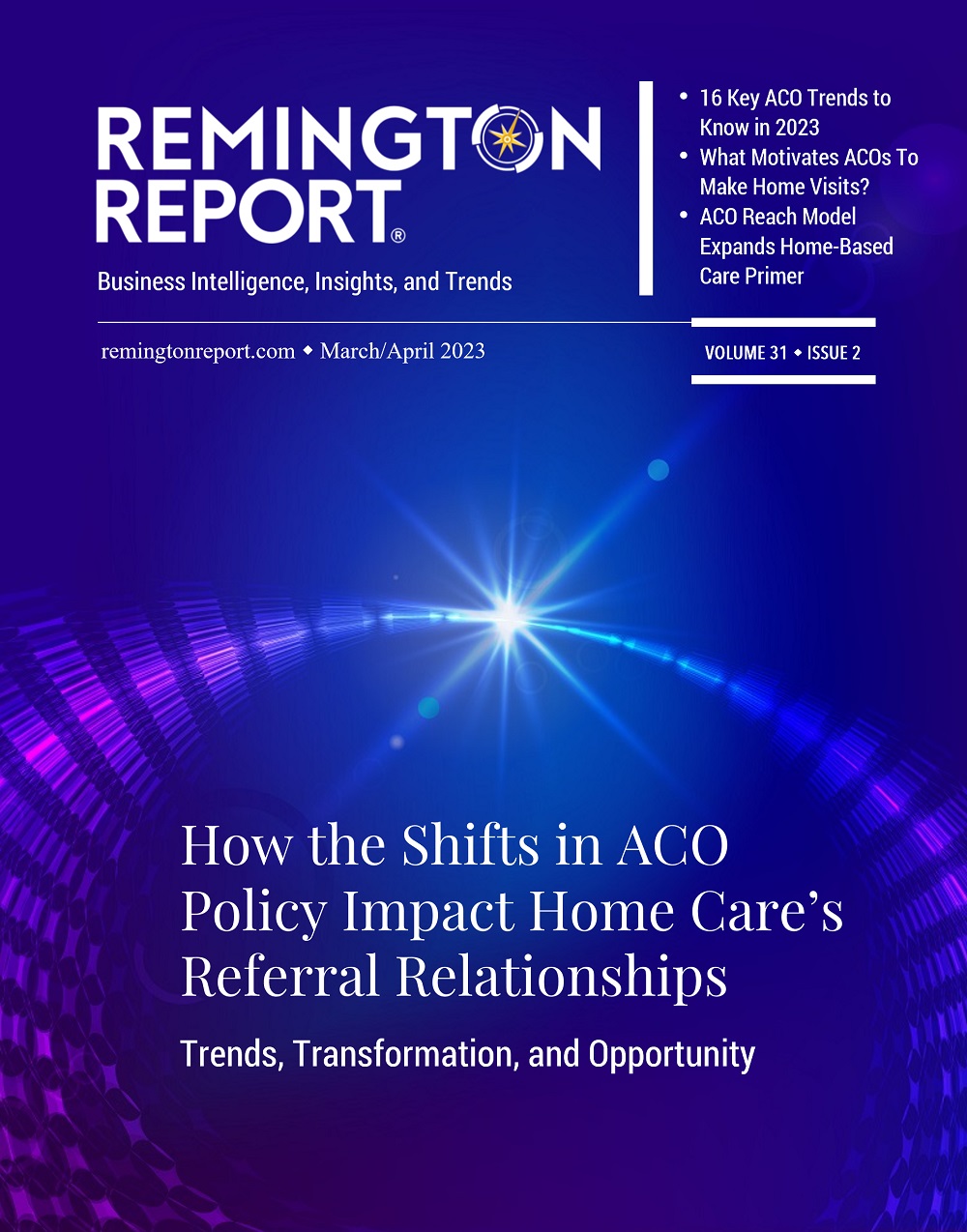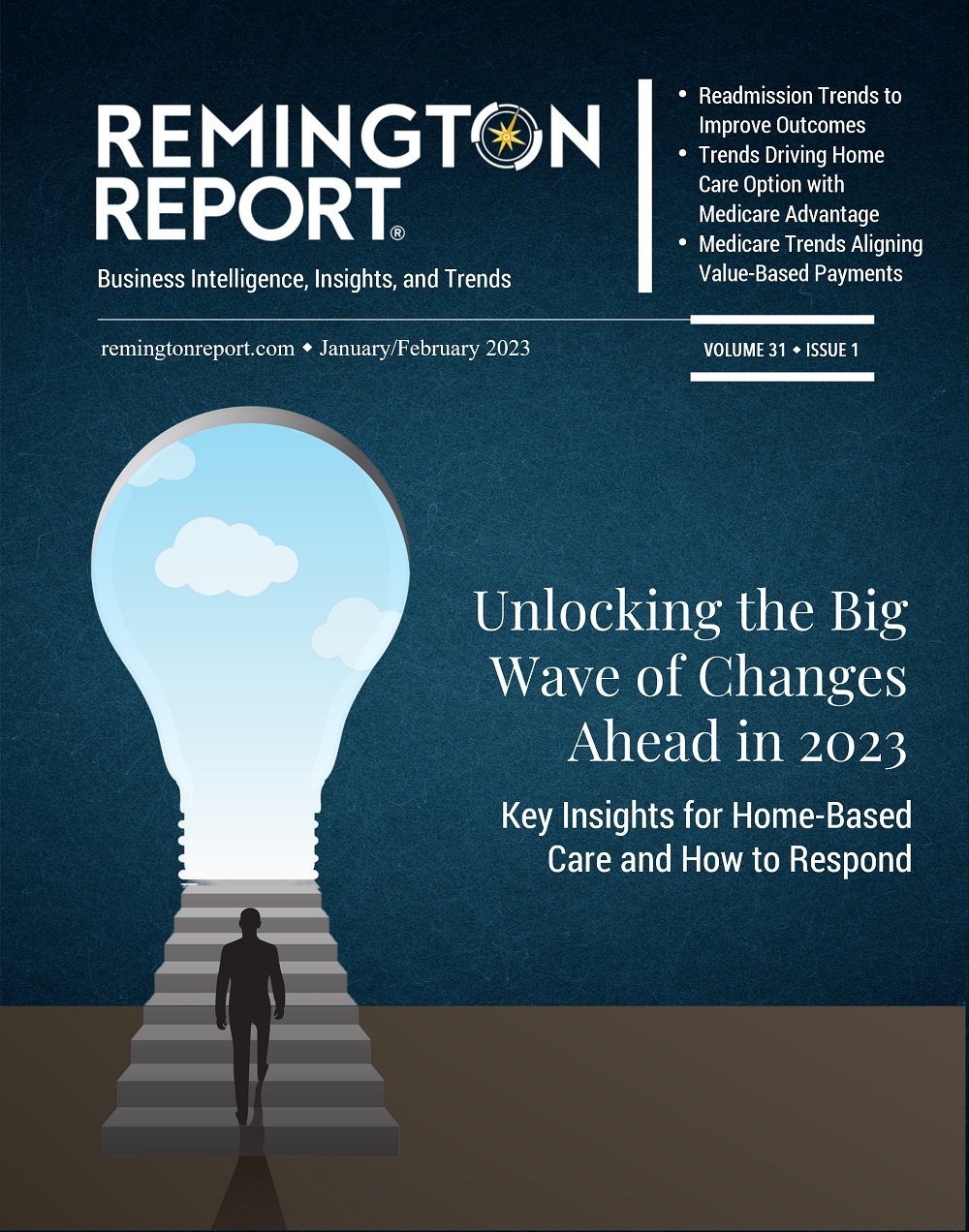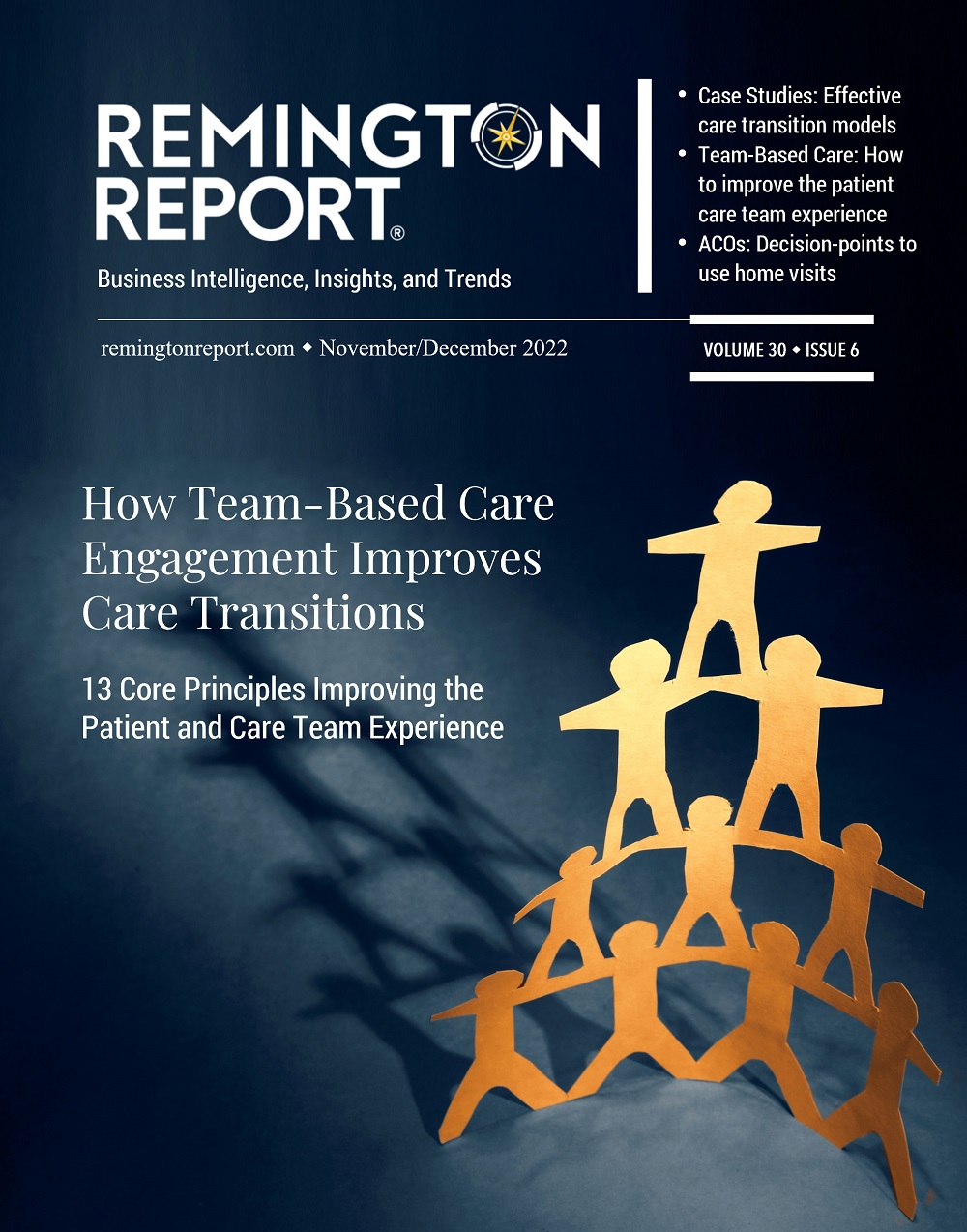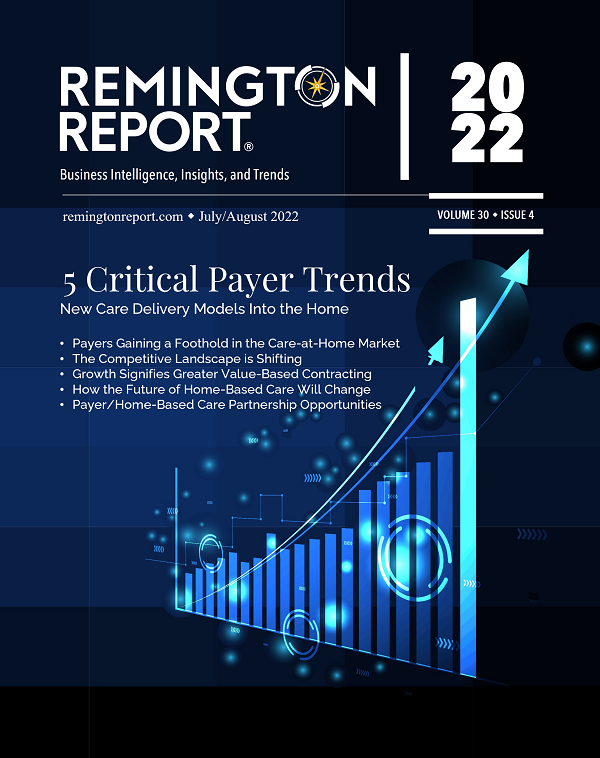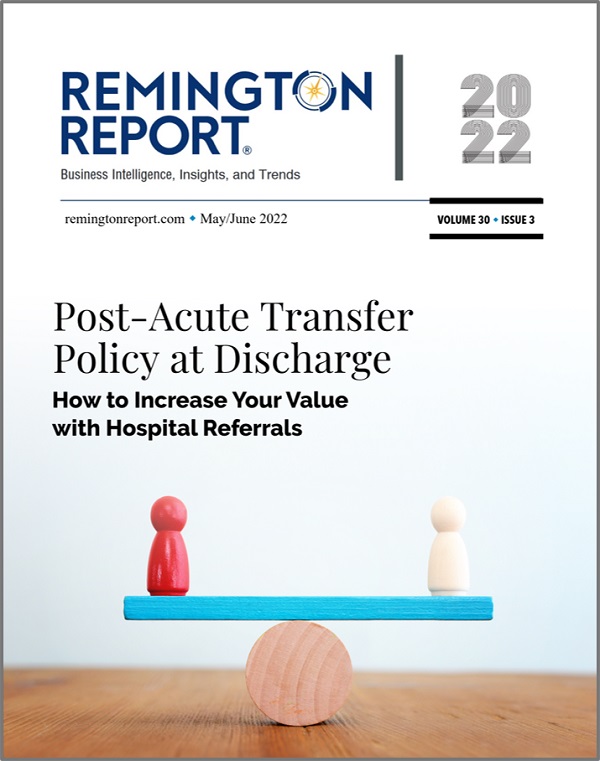In 2020, Medicare Advantage (MA) plans have doubled the number of condition-specific supplemental benefits from approximately 820 offered in 2019 to 1,850 this year.
However, the new Special Supplemental Benefits for the Chronically Ill (SBBCI) for 2020 didn’t fare as well. Only 245 plans out of approximately 6,000 Medicare Advantage plans offered them. Diabetes topped the list of condition-benefit categories and saw a 150% increase in benefits. Hypertension had the greatest increase (529%) but it is still tied only to 5% of targeted benefit offerings.
In offering SSBCI, plans for 2020 were given a list of 15 conditions for which they could offer benefits that aren’t primarily health-related so long as there is a “reasonable expectation of improving or maintaining the health or overall function of the chronically ill enrollee.”
Background
The Bipartisan Budget Act of 2018 (Public Law No. 115-123) amended section 1852(a) of the Social Security Act to expand the types of supplemental benefits that may be offered by Medicare Advantage (MA) plans to chronically ill enrollees, referred to as Special Supplemental Benefits for the Chronically Ill (SSBCI).
SSBCI includes supplemental benefits that are not primarily health-related and may be offered non-uniformly to eligible chronically ill enrollees. The intended purpose of the new category of supplemental benefits is to enable MA plans to better tailor benefit offerings, address gaps in care, and improve health outcomes for the chronically ill population.
Section 1852(a)(3)(D)(ii), as amended, defines a chronically ill enrollee as an individual who:
- has one or more comorbid and medically complex chronic conditions that is life- threatening or significantly limits the overall health or function of the enrollee;
- has a high risk of hospitalization or other adverse health outcomes; and
- requires intensive care coordination.
Eligibility for SSBCI must be determined based on identifying the enrollee as a chronically ill enrollee, using the statutory definition, and if the item or service has a reasonable expectation of improving or maintaining the health or overall function of the enrollee.
MA plans can provide non-primarily health related supplemental benefits that address chronically ill enrollees’ social determinants of health so long as the benefits maintain or improve the health or function of that chronically ill enrollee. MA plans may consider social determinants of health as a factor to help identify chronically ill enrollees whose health could be improved or maintained with SSBCI and they may use social determinants to further limit SSBCI eligibility. However, they may not use social determinants of health as the sole basis for determining eligibility for SSBCI.

Lisa Remington is widely recognized as one of the foremost futurists in the home care industry, focusing on healthcare trends and disruptive innovation. She serves as the president and publisher of the Remington Report magazine and is also the President of Remington’s Think Tank Strategy Institute. Lisa provides strategic advice and education to over 10,000 organizations, assisting them in developing transformative strategies for growth and their future implications. She closely monitors complex trends and forces of change to develop effective strategic approaches.



